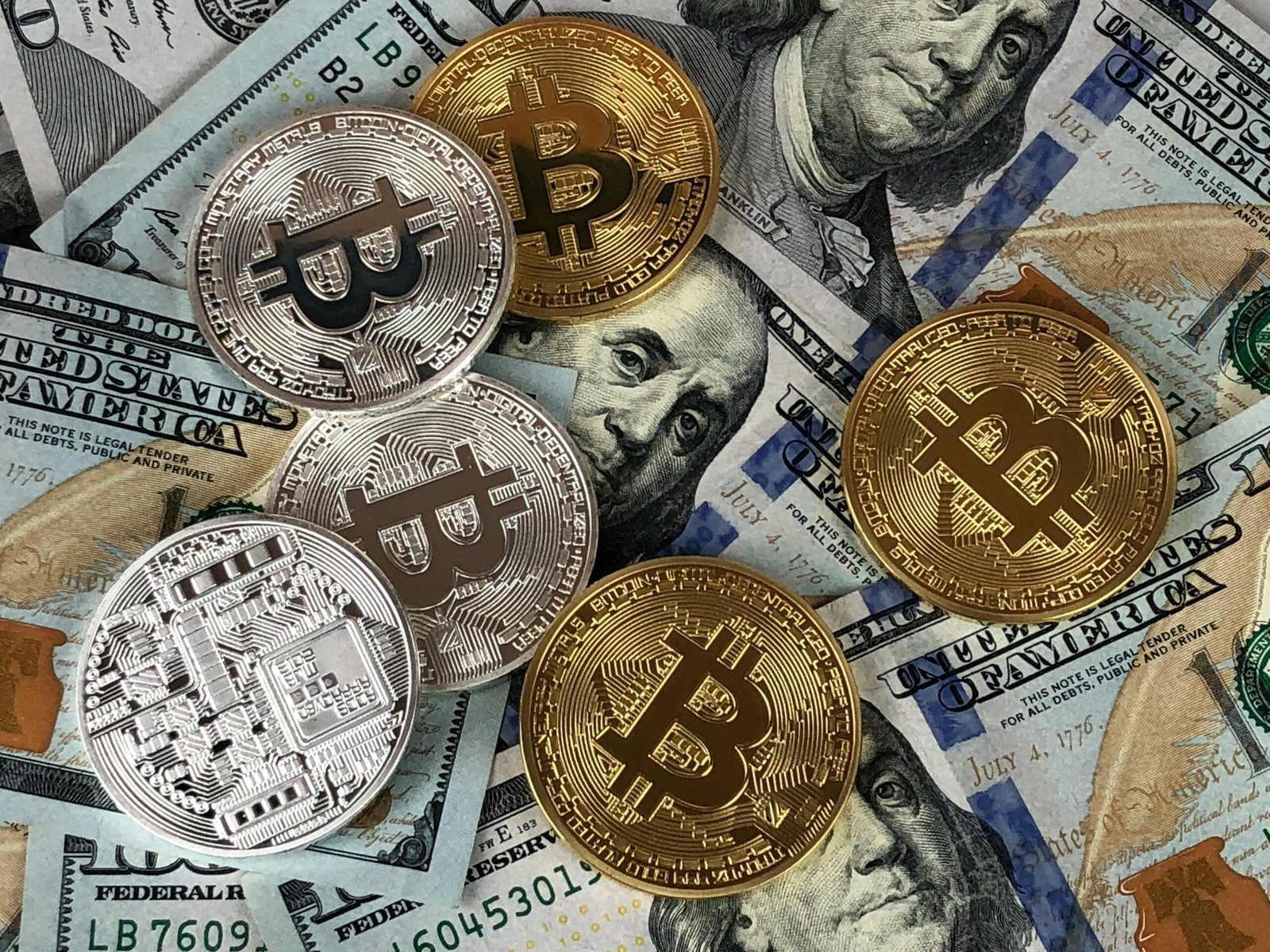It’s official: Bitcoin isn’t for tech nerds and risk-loving crypto bros alone anymore. With a new crop of Bitcoin Exchange-Traded Funds (ETFs) hitting the market, mainstream investors are finally getting a seat at the crypto table — and it has the potential to be a game changer.
But before we dive into what it all means for your portfolio, let’s break down the basics.
What is a Bitcoin ETF, anyway?
Suppose you want to invest in Bitcoin, but the idea of dealing with crypto wallets, private keys, or exchanges is a headache. Now Bitcoin comes in picture.
A Bitcoin ETF is just like any other ETF. It’s an investment product that tracks the price of Bitcoin and is listed on normal stock exchanges — like the NYSE or NASDAQ. That makes it purchasable and sellable like any normal stock, in your existing brokerage account. No crypto exchange required.
There are two types:
Spot Bitcoin ETFs, which hold Bitcoin directly
ETFs futures, pathway of Bitcoin futures contracts
Spot ETFs are getting popular because they provide direct exposure to the Bitcoin price.
Why Now? What Ignited the Boom?
The United States Securities and Exchange Commission (SEC) finally gave the green light to several Bitcoin ETFs in early 2024 after years of opposition. The time was seen as a big milestone, not just for cryptocurrency but for finance in general.
The stamp of approval provided legitimacy. Suddenly, household names like Fidelity and BlackRock were in the Bitcoin business. The gates were opened, and investors who had been waiting on the sidelines due to regulatory uncertainty poured in.

What This Means for Everyday Investors
Simpler Access to Bitcoin
If you’ve thought about investing in Bitcoin previously but it was either too risky or too complicated, Bitcoin ETFs remove most of the barriers. You don’t need to worry about hackers, wallets, or even what a blockchain does.
Less Risk, More Regulation
ETFs are regulated by financial authorities, which offers a degree of protection that investing directly in crypto doesn’t. While there’s still price volatility (it’s Bitcoin, after all), the investment vehicle itself is more secure and stable.
Institutional Confidence
The involvement of large financial institutions offers a layer of credibility. When companies like BlackRock put their weight behind something, investors sit up and take notice.
Potential Price Growth
With more investors able to invest in Bitcoin through ETFs, demand could rise — and that could mean higher prices in the long run. Some analysts believe Bitcoin ETFs could be the trigger for the next big bull run.
Diversification Without the Hassle
Bitcoin ETFs can be part of conventional portfolios, like retirement accounts, giving you exposure to crypto without unduly complicating your investment strategy.

Things to Watch Out For
Of course, Bitcoin is still volatile. A Bitcoin ETF is not a “safe” investment — it just makes the investment easier. Prices can still swing wildly, and there is no guarantee of profits.
And not all ETFs are created equal. There are ones with higher fees, and futures-based ETFs can behave differently than spot-based ones. Always read the fine print.
Final Thoughts
Bitcoin ETFs aren’t just a novel investment product — they’re a sign that crypto is maturing. They bridge the gap between the traditional finance world and the decentralized digital currency universe, opening up new options for investors at all levels.
Bitcoin ETFs are worth checking for crypto enthusiasts or crypto traders. Just do your homework, understand your risk appetite, and never invest more than you can afford to lose. For while the future of crypto may be golden, it’s also volatile — and that’s all part of the ride.






